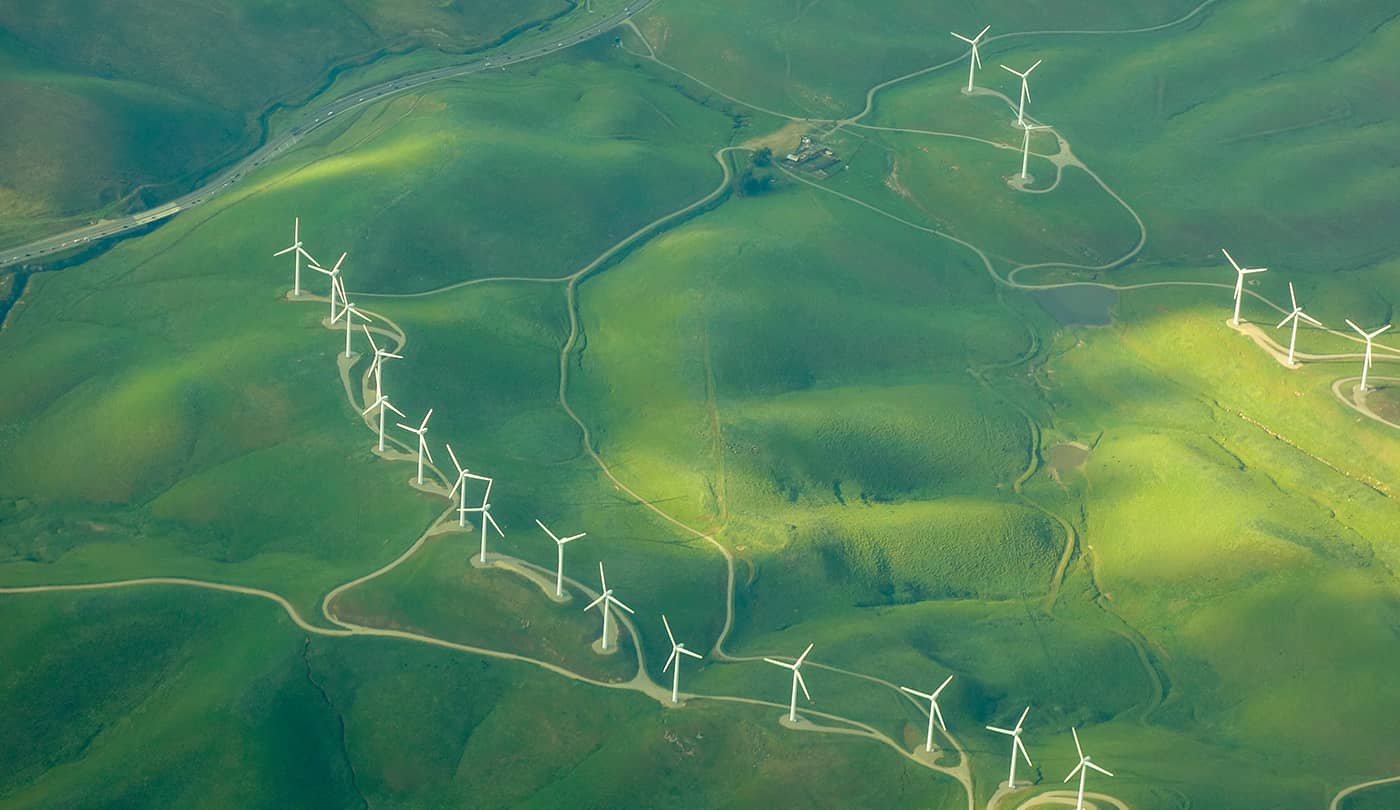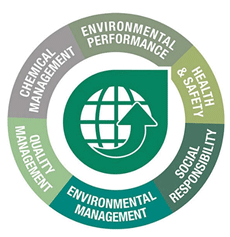Trending
3 years ago

STeP stands for Sustainable Textile Production and is a worldwide certification system for environmentally friendly and socially responsible production facilities in the textile industry. The certification is carried out by the Hohenstein Institute, owner of the OEKO-TEX® brand, which was founded in 1992 to set new standards of textile production, limiting the use of potentially harmful chemicals.
Klopman first achieved OEKO-TEX® STeP certification in 2016.
The STep certification allows production facilities to communicate their environmental credentials externally in a credible and transparent way. It also promotes efficiency in production processes and is valid for three years, after which each company must apply for new certification.
 STeP enables an integrated view of production conditions from sustainable perspectives. The independent OEKO-TEX® institutes carry out the analysis and scoring in six modules:
STeP enables an integrated view of production conditions from sustainable perspectives. The independent OEKO-TEX® institutes carry out the analysis and scoring in six modules:
Level 1 = Compliance with the entry-level specifications
Level 2 = Good implementation with further optimisation potential
Level 3 = Ideal implementation in the sense of best practice examples.
Qualified OEKO-TEX® auditors evaluate the six modules using this scoring system. The final score for a production facility is calculated as the average of all individual module results.
Klopman proudly achieved Level 3, as has KAI, our Indonesian production site.
Find out more at https://www.klopman.com/manufacturing-process